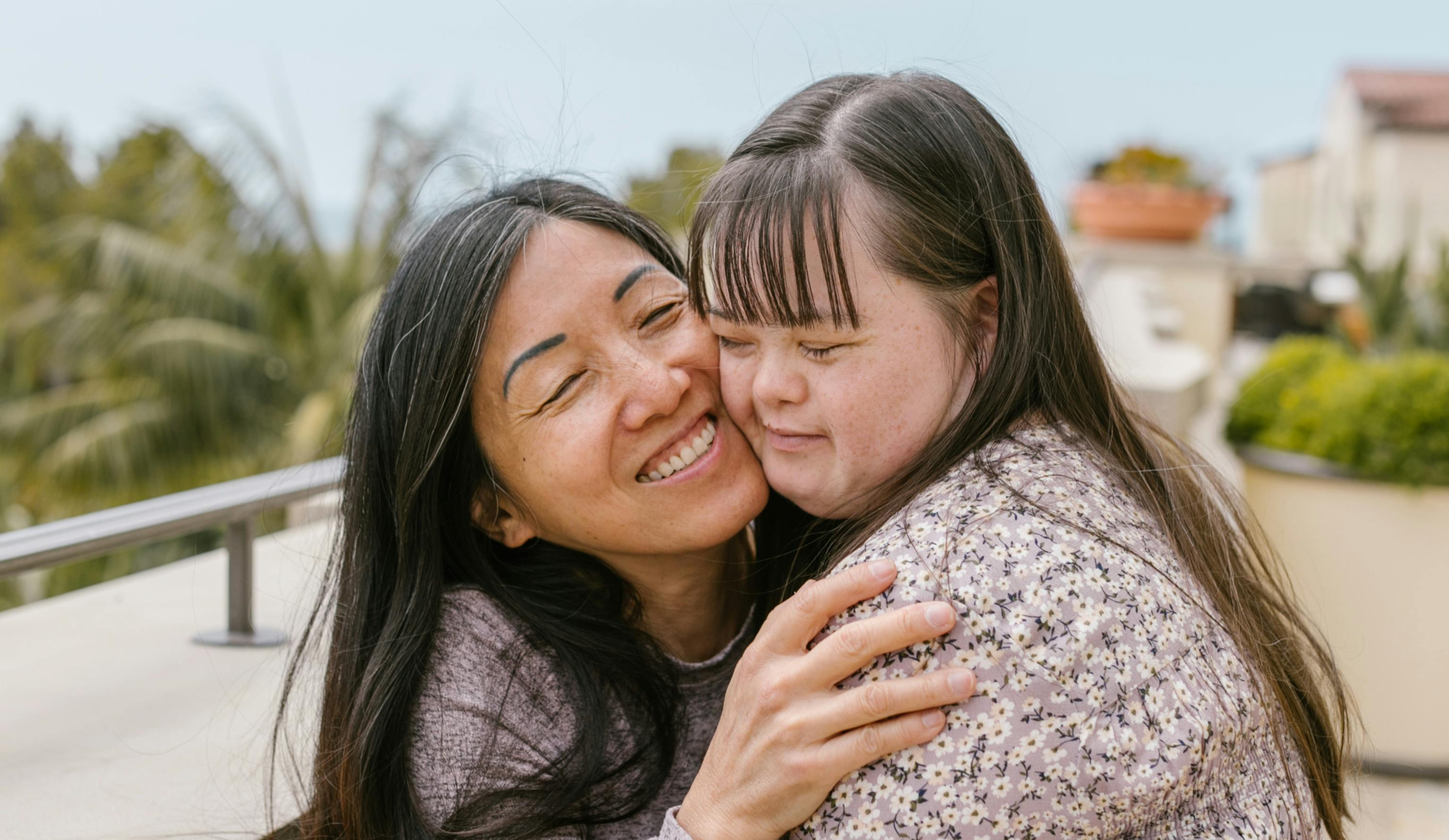 Intermediate
Intermediate
The purpose of this course is to equip learners with the essential knowledge, skills, and confidence required to provide effective support to children and young people with disabilities. This support must be safe, inclusive, and empowering, reflecting the rights and dignity of every participant.
The course focuses on practical strategies that enable support workers to recognise individual needs, respond appropriately to risks, and uphold the standards required by the NDIS. By completing this training, learners will gain the ability to integrate policy knowledge, inclusive practice, and personal care procedures into their daily work, ensuring that children and young people with disabilities receive the highest quality of care.
 Basic
Basic
The purpose of this course is to provide participants, support workers, and trainers with the knowledge and practical strategies required to develop essential daily living skills that enhance independence and quality of life. Life skills training goes beyond basic routines and empowers individuals to make choices, solve problems, and engage confidently in their communities.
The training emphasises person-centred approaches, ensuring that each learner can apply strategies to their unique circumstances. It also aligns with NDIS Practice Standards and Australian quality frameworks, ensuring compliance and best practice delivery in disability and community services.
 Intermediate
Intermediate
The purpose of this course is to provide NDIS workers and care professionals with the knowledge, skills, and confidence to support people with autism in an inclusive and respectful manner. Autism is a spectrum condition that affects communication, social interaction, behaviour, and sensory processing in unique ways. Many individuals with autism face risks of misunderstanding, discrimination, and exclusion in community and care settings.
This course aims to address these barriers by equipping workers with evidence-based strategies that enhance participation, dignity, and choice. Through theory, practical examples, and workplace applications, learners will gain a clear understanding of inclusive practice and how it aligns with NDIS Practice Standards.
 Basic
Basic
The purpose of this course is to build the knowledge and practical skills of disability support workers and related staff in identifying, applying, and reducing environmental restraint in line with the NDIS Practice Standards. It provides clarity on what constitutes environmental restraint, why it is regulated, and how it should be documented, reported, and reviewed. The course also emphasises the importance of protecting human rights, upholding dignity of risk, and implementing person-centred alternatives that promote independence and safety.
 Advanced
Advanced
The purpose of this course is to build knowledge and skills for support workers, managers, and allied health staff in understanding, identifying, and safely responding to situations involving mechanical restraint.
Learners will gain a clear understanding of what constitutes mechanical restraint under the NDIS Rules, the risks and impacts associated with its use, and the legal and ethical obligations that govern it.
The course aims to ensure that staff can make informed, person-centred decisions that uphold human rights, reduce harm, and contribute to the reduction and eventual elimination of restrictive practices.
 Basic
Basic
This course provides a broad and practical foundation in Australian agriculture, focusing on the core systems that support crop and livestock production. Learners will explore soil science, water management, farm safety, machinery operation, and sustainable land practices while developing a strong understanding of the environmental and economic challenges that shape the industry.
Through hands-on training and real-world scenarios, students learn to apply modern farming techniques that maximise productivity while maintaining environmental integrity. The course emphasises the integration of technology and sustainability in agricultural processes, preparing participants to contribute effectively to farm operations or pursue higher qualifications in agribusiness and rural management. Graduates will be well-equipped for employment across a wide range of farming sectors in Australia.
 Basic
Basic
The Livestock course offers comprehensive training in animal husbandry, farm management, and animal health systems within the Australian farming context. Learners develop essential skills in feeding, breeding, handling, and monitoring livestock such as cattle, sheep, pigs, and goats. The course covers modern technologies used in animal production, biosecurity, disease control, and compliance with animal welfare legislation.
Students gain practical experience in livestock operations and learn how to apply data-driven management strategies to improve productivity and animal wellbeing. With a focus on sustainability and ethical farming practices, this course prepares learners to work in farms, feedlots, breeding centres, and livestock service industries. Graduates will possess the competence to contribute to efficient and humane livestock management systems.
 Basic
Basic
This course provides in-depth knowledge and technical skills in the science and management of crop production. Students explore plant growth, soil fertility, pest and weed management, irrigation systems, and nutrient cycles that drive productivity in farming. The program emphasises practical agronomic decision-making, combining scientific understanding with sustainable farming approaches suited to Australian conditions.
Learners will investigate real case studies and field trials to analyse crop performance and adapt to changing climatic and market demands. With a growing emphasis on sustainability, digital tools, and precision farming, this course enables participants to support farmers, consultants, and agribusinesses in achieving optimal yields while protecting natural resources. Graduates are equipped to assist in crop advisory, research, and production management roles.
 Basic
Basic
This course equips learners with the knowledge and practical skills required to manage beef cattle operations efficiently and ethically. Participants study beef production systems, breeding programs, nutrition planning, animal welfare, and market compliance relevant to the Australian cattle industry. The course also focuses on pasture management, water systems, disease prevention, and record keeping essential for herd performance and profitability.
Learners gain experience in safe cattle handling techniques and modern production technologies that enhance productivity while maintaining high welfare standards. With a strong emphasis on sustainability and business awareness, graduates will understand how to balance farm profitability with responsible resource use and environmental stewardship. This course prepares students for employment in beef enterprises, feedlots, or as independent operators.